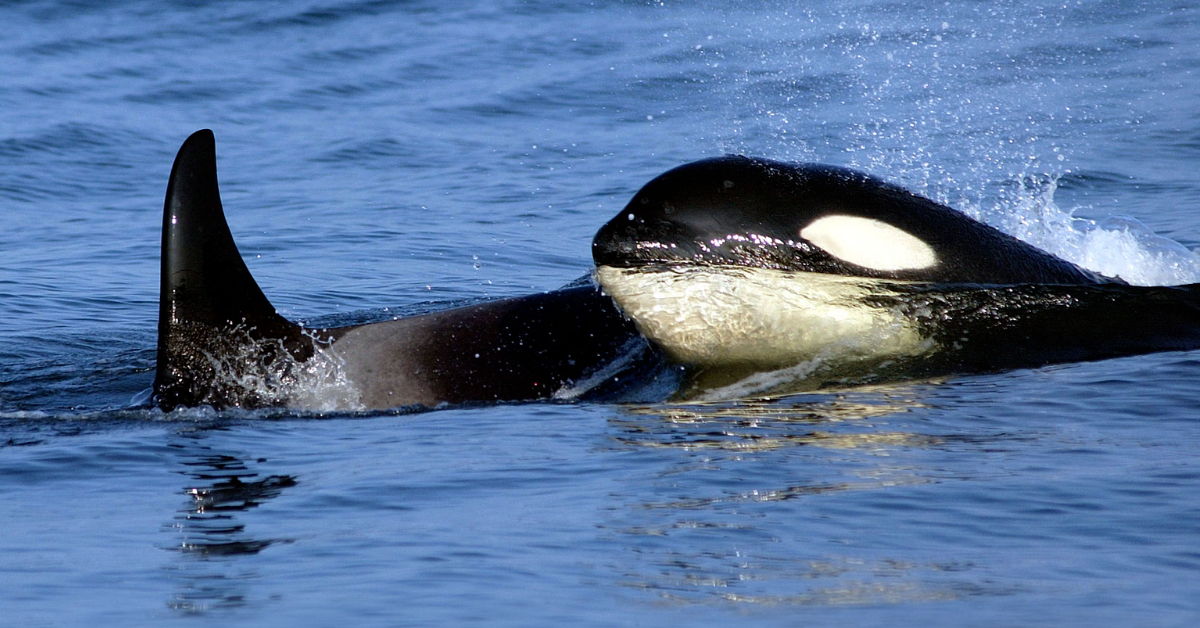A killer whale has attacked a fishing boat off the coast of Shetland in the first such incident recorded in UK waters.
Dutch physicist, Dr Wim Rutten, was sailing from Lerwick to Bergen in Norway on Monday, when the orca rammed into his yacht.
The 72-year-old said he was fishing for mackerel when the animal suddenly appeared in the clear water and hit the stern of the seven-ton boat.
It comes after multiple reports of similar incidents between killer whales and boats in Gibraltar and Portugal.
Dr Rutten, would said he had heard about the previous instances, told the Guardian the whale hit the boat over and over again.
“What I felt was most frightening was the very loud breathing of the animal,” he said.
Dr Rutten said the orca was behind the boat, “then he disappeared … but came back at fast speed, twice or thrice … and circled a bit.”
The retired scientist added: “Maybe he just wanted to play. Or look me in the eyes. Or to get rid of the fishing line.”
Similar behaviour has been noticed in the Iberian orca population, but it is the first such incident to occur in northern water.
Earlier in June, a sailor reported that his yacht was thrown around like a “rag doll” by orcas near Gibraltar.
He said his boat was wrecked by the mammals as they tore off its rudders.
More than 250 boats have been damaged, with three sunk since the attacks off the coast of Spain and Portugal were first reported in 2020.
The Atlantic Orca Working Group, a team of Spanish and Portuguese marine life researchers who study killer whales near the Iberia Peninsula, says that these incidents were first reported three years ago.
The killer whales appear to be targeting boats in a wide arc covering the western coast of the Iberia Peninsula, from the waters near the Strait of Gibraltar to Spain’s northwestern Galicia.
According to the group, these killer whales are a small group of about 35 whales that spend most of the year near the Iberian coast in pursuit of red tuna.
The so-called Iberian orcas average from five to six-and-a-half metres in length.
There have been no reports of attacks against swimmers. The interactions on boats seem to stop once the vessel becomes immobilised.
Researchers have found it extremely surprising that this behaviour occurred near Shetland, nearly 2,000 miles, 3,200km, away from Gibraltar.
Dr Conor Ryan, a scientific adviser to the Hebridean Whale and Dolphin Trust, who has studied orca pods off the Scottish coast, told the Guardian: “I’d be reluctant to say it cannot be learned from [the southern population].
“It’s possible that this ‘fad’ is leapfrogging through the various pods/communities.”
Follow STV News on WhatsApp
Scan the QR code on your mobile device for all the latest news from around the country


 iStock
iStock























